Last week we saw the long-awaited introduction of the new iPad Air 5th generation. After 18 long months, Apple has finally updated this very popular tablet, which was last improved in 2020, when it came with an interesting design change. Although the arrival of this device was more or less expected, most apple growers were pleasantly surprised. Even on the same day before the presentation, a very interesting speculation about the possible deployment of the M1 chip, which is found in basic Macs and since last year in the iPad Pro, flew through the Internet. With this step, the Cupertino giant has excellently increased the performance of its iPad Air.
It could be interest you
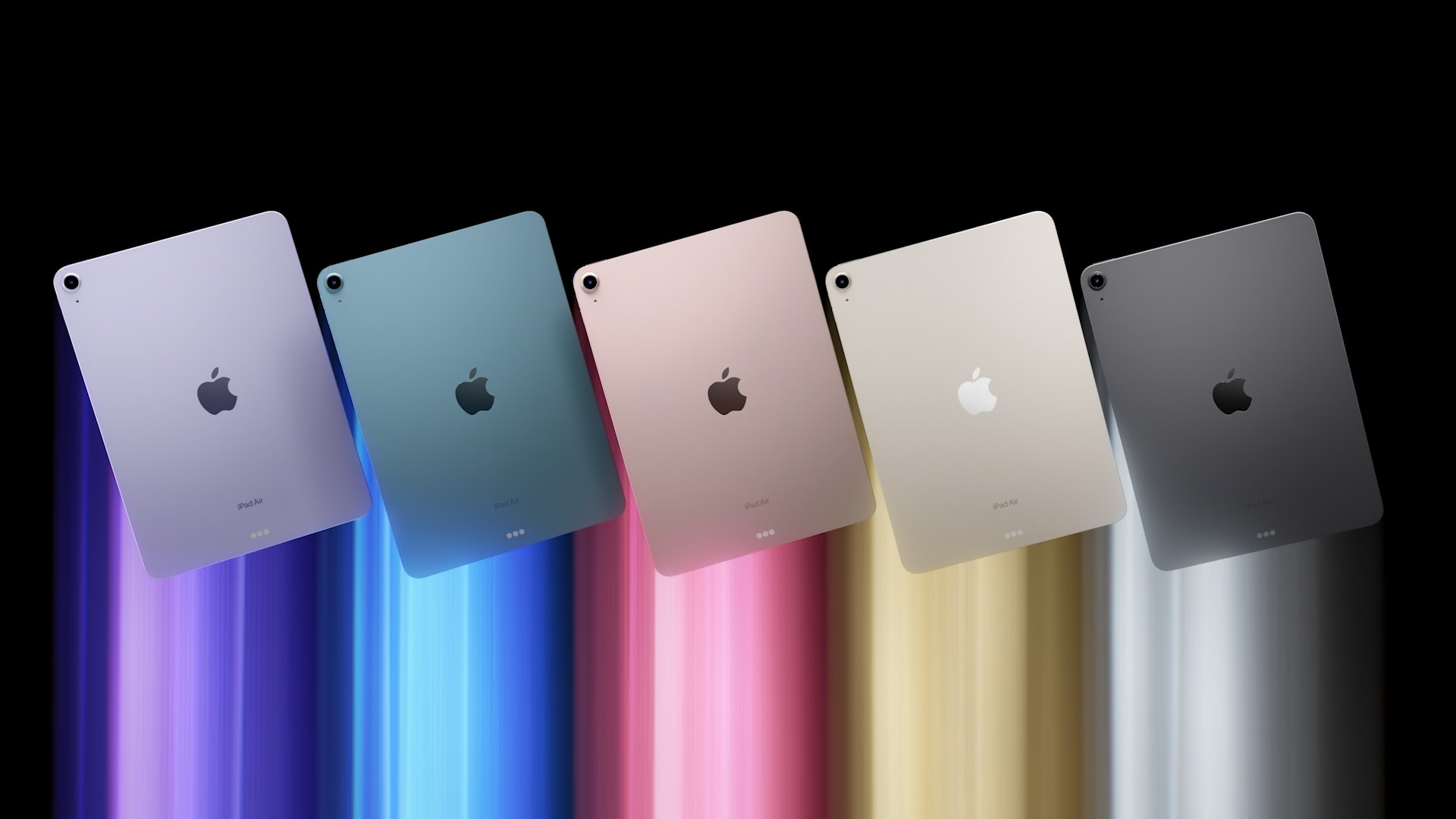
We have known the capabilities of the M1 chipset from the Apple Silicon family for some time now. Especially the owners of the mentioned Macs can tell their story. When the chip first arrived in the MacBook Air, 13″ MacBook Pro and Mac mini, it was able to captivate practically everyone with its great performance and low energy consumption. Is the iPad Air the same? According to the currently available benchmark tests, which are meant to measure performance, this tablet is doing exactly the same. Therefore, Apple does not divide its Macs, iPad Pros, or iPad Airs in any way in terms of performance.
iPad Air has power to spare. Does she need him?
The strategy that Apple is pursuing in deploying the M1 chips is rather strange considering the previous steps. As mentioned above, whether it's Macs or iPads Air or Pro, all devices rely on a truly identical chip. But if we look at the iPhone 13 and iPad mini 6, for example, which rely on the same Apple A15 chip, we will see interesting differences. The CPU of the iPhone works at a frequency of 3,2 GHz, while in the case of the iPad only at 2,9 GHz.
But there is an interesting question that Apple users have been asking since the arrival of the M1 chip in the iPad Pro. Do iPads even need such a powerful chipset when in reality they can't even take full advantage of its performance? Apple's tablets are severely limited by their iPadOS operating system, which isn't very multitasking-friendly and is the main reason most people can't replace a Mac/PC with an iPad. With a bit of exaggeration, it can therefore be said that the performance offered by the M1 is almost useless to the new iPad Air.
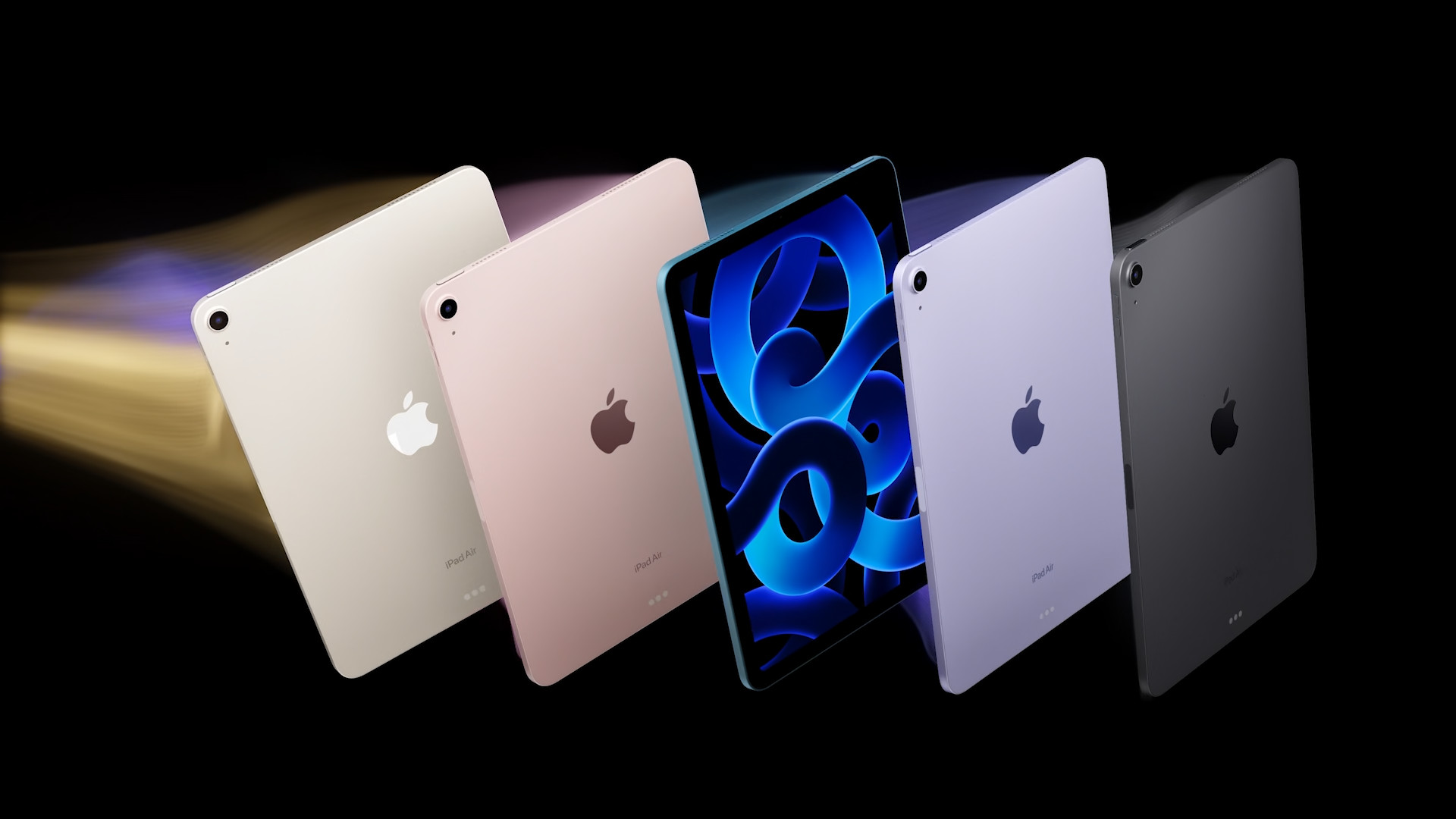
On the other hand, Apple gives us indirect hints that interesting changes could come in the future. The deployment of "desktop" chips has a definite effect on the marketing of the device itself - it is immediately clear to everyone what capabilities they can expect from the tablet. At the same time, it is a solid insurance policy for the future. The higher power can ensure that the device will keep up with the times better, and in theory, in a few years, will still have power to give away, rather than having to deal with a lack of it and various glitches. At first glance, the deployment of the M1 is rather strange and practically insignificant. But Apple could use it in the future and make significant software changes that would not only affect the latest devices at the moment, but quite possibly last year's iPad Pro and the current iPad Air.
It could be interest you


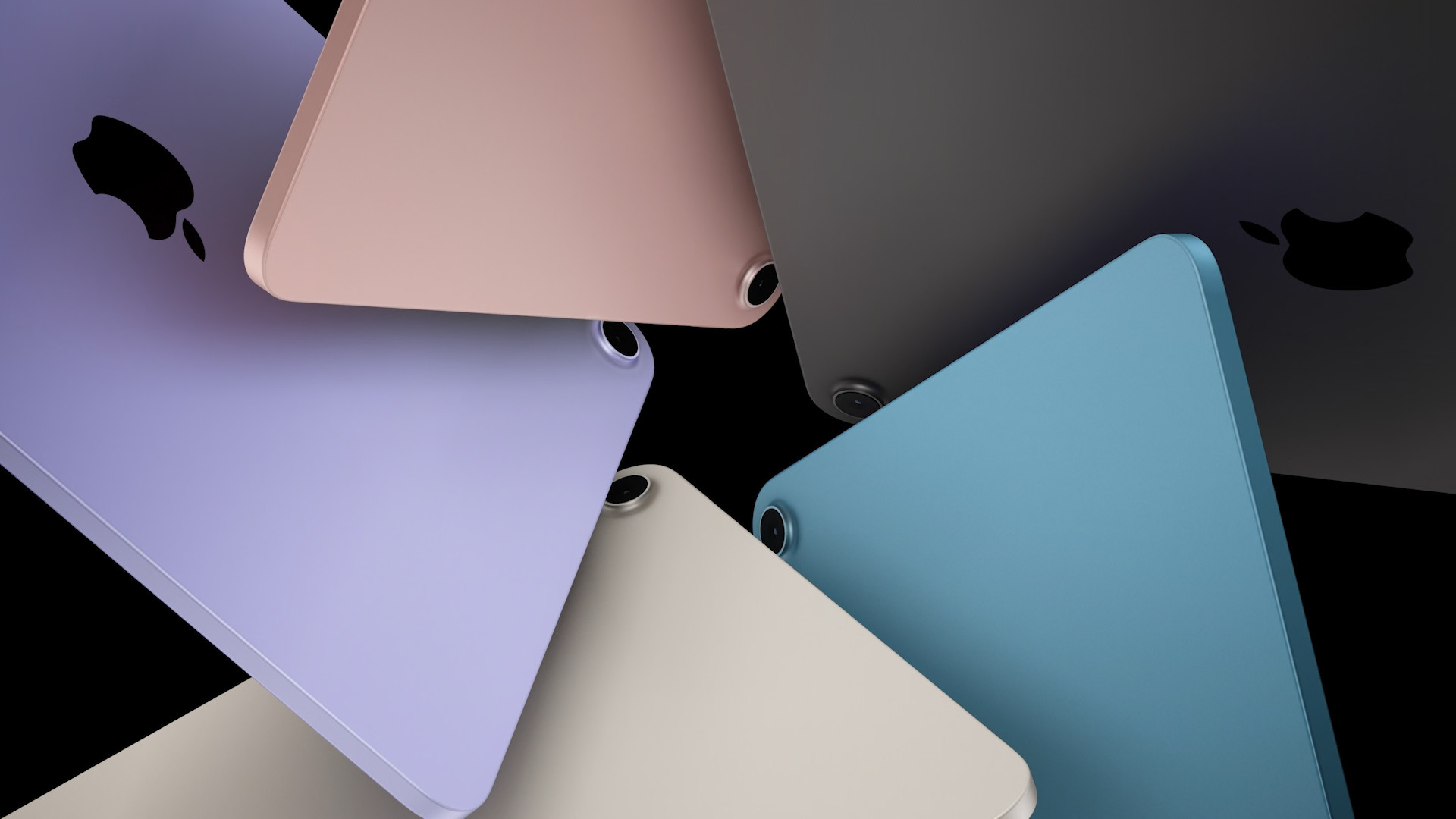

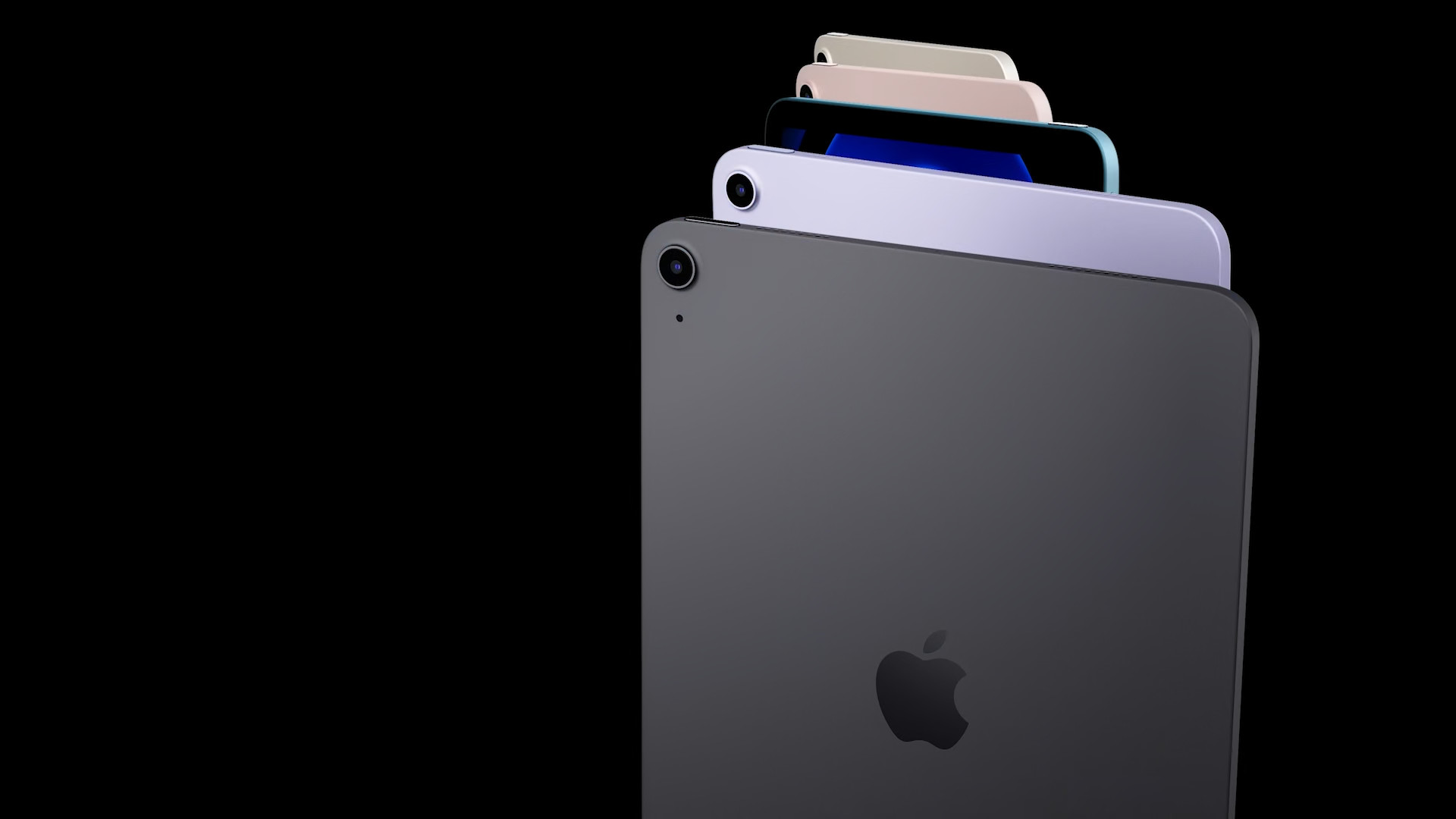
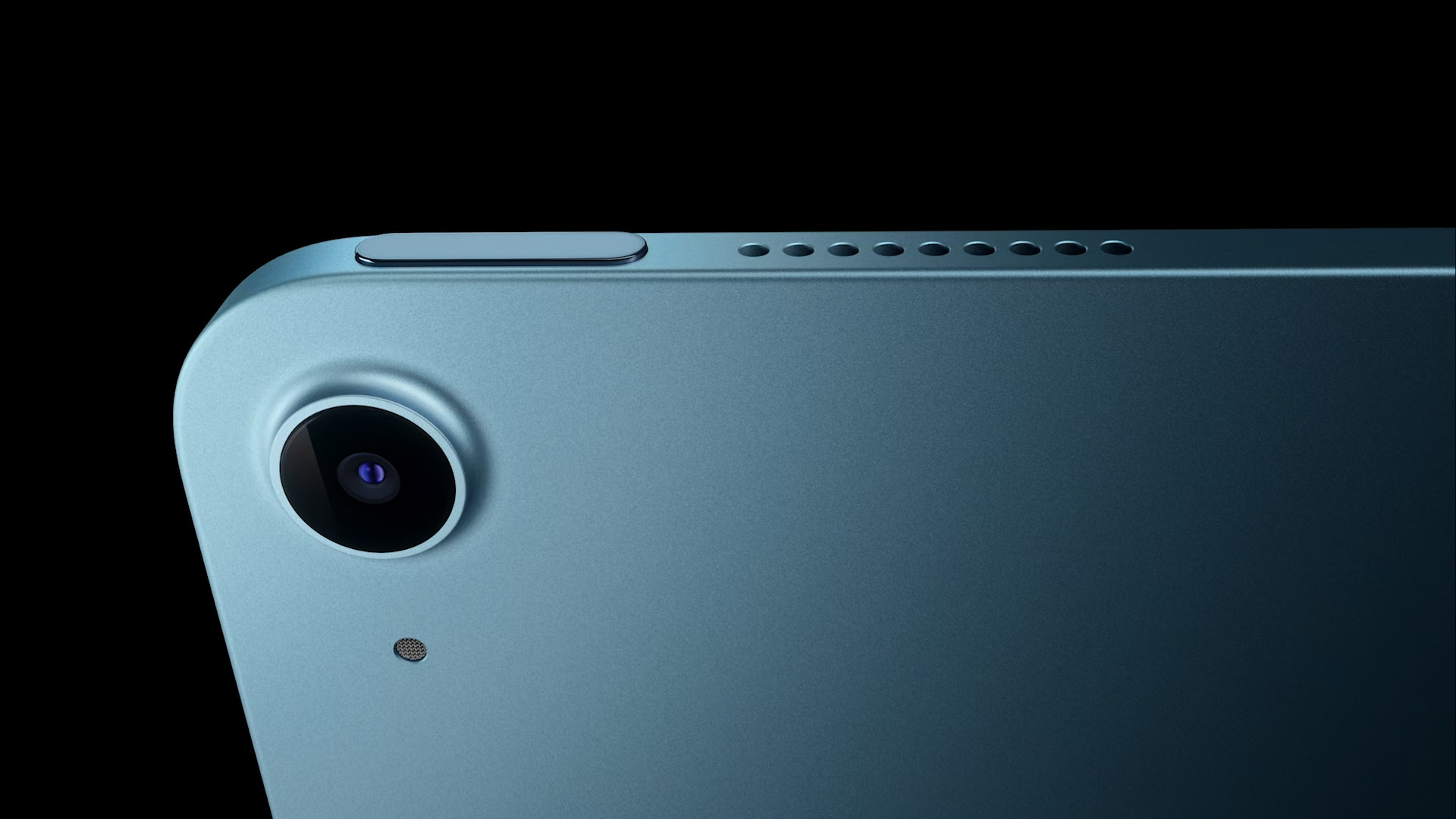
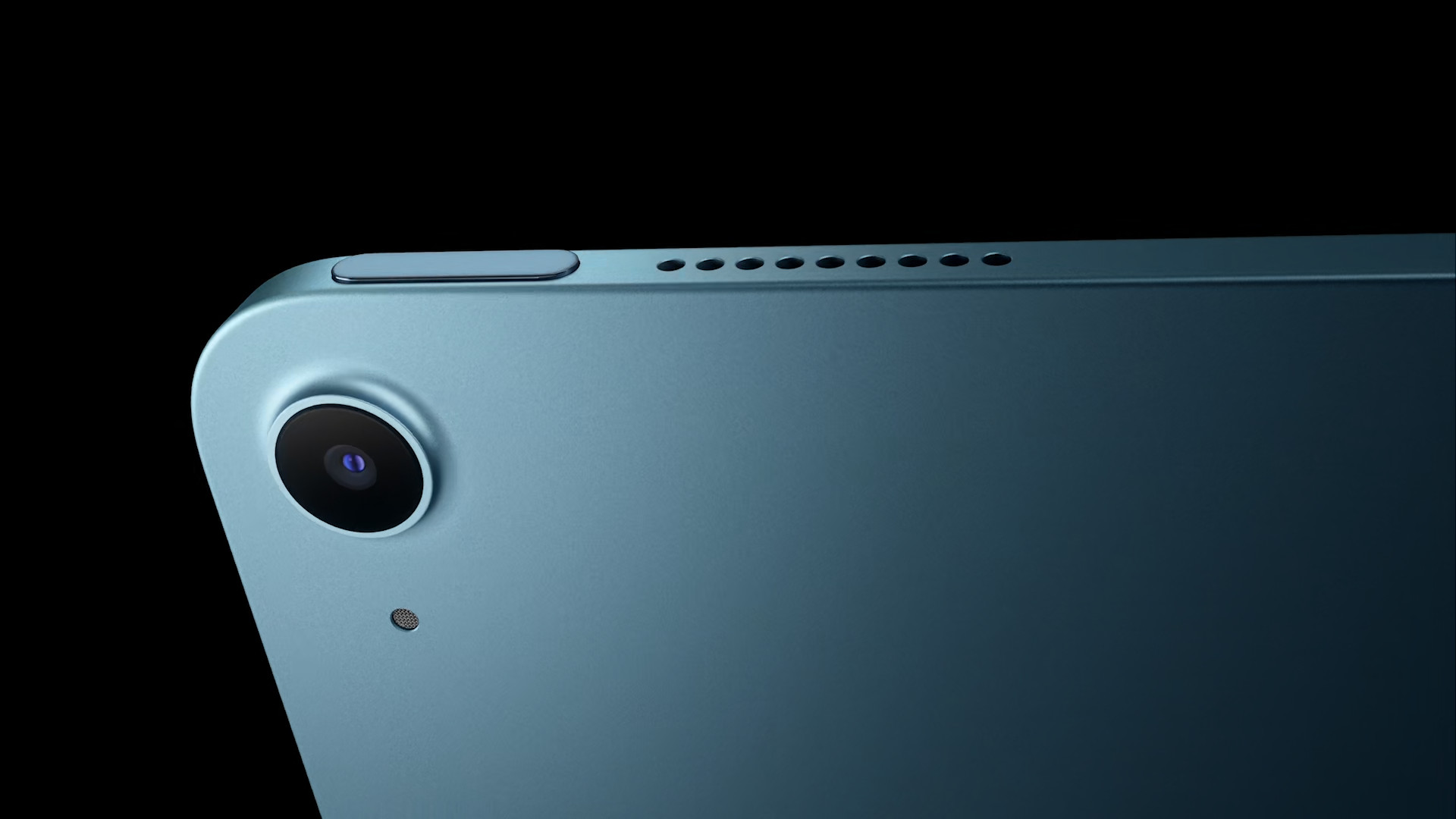

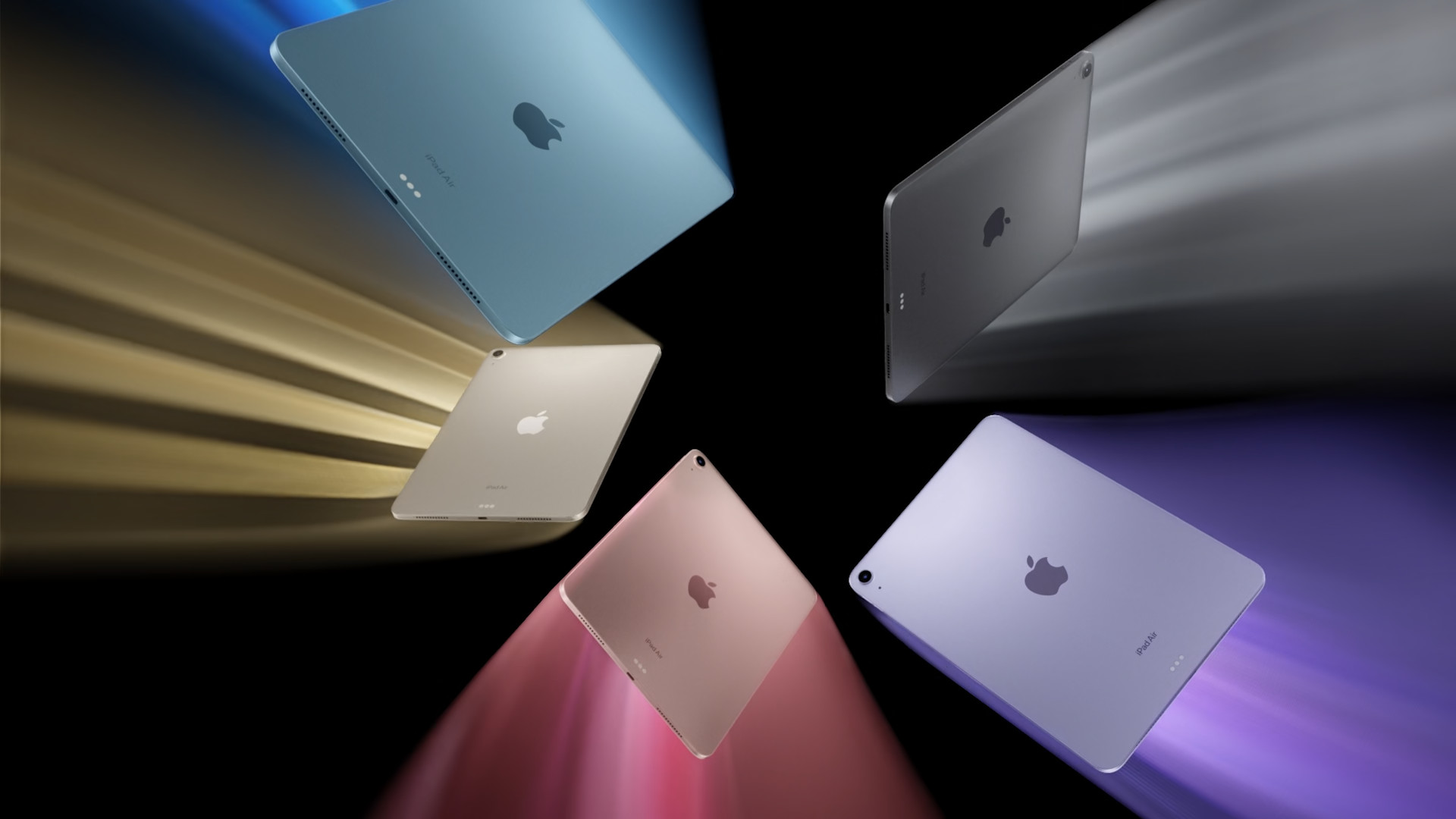
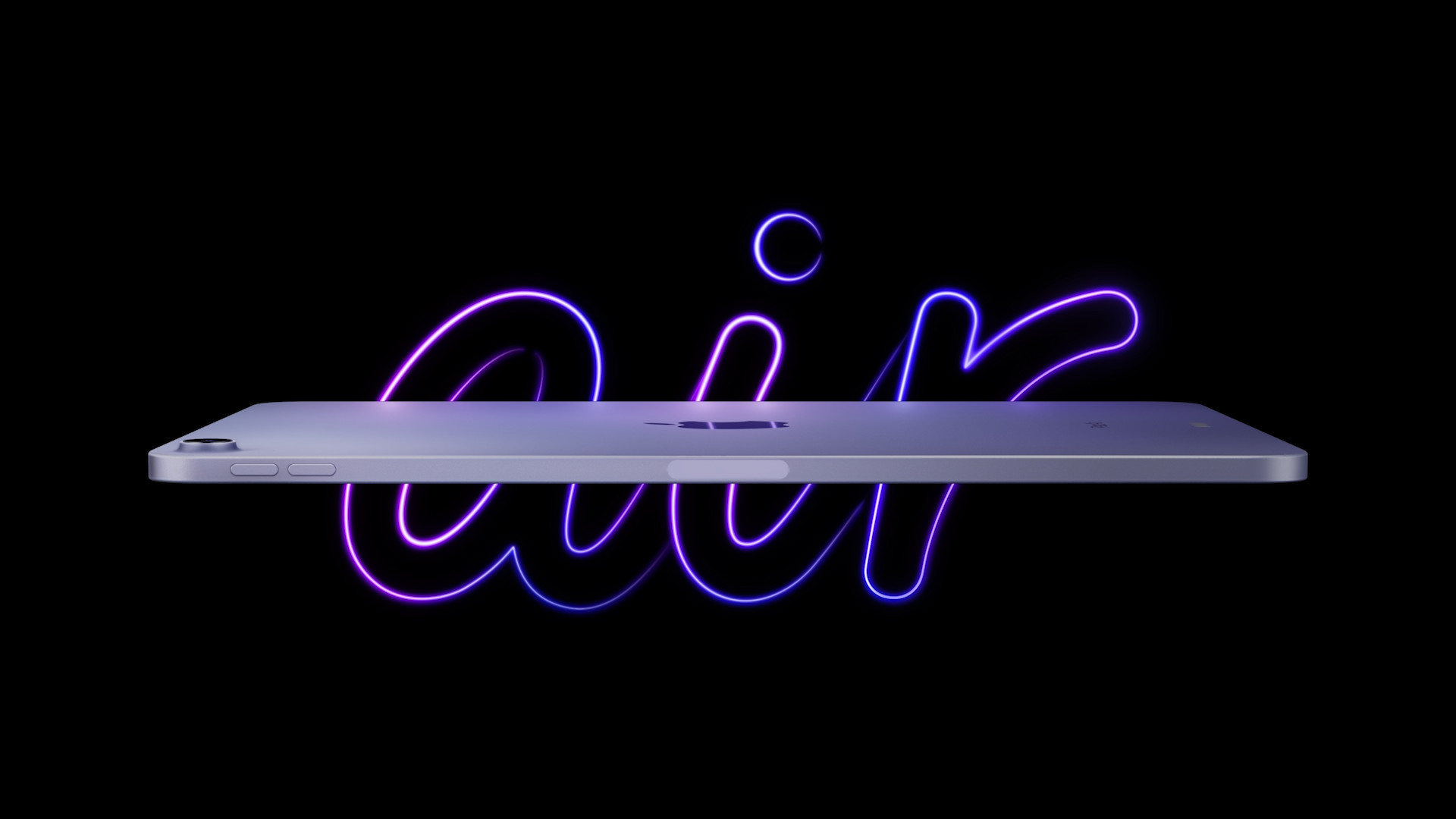
And the iPad Air also lacks the hardware to use the powerful chip. I will mention, for example, the refresh rate of the screen, one input port.
M1 is listed at the time of A14, I have already read comments about the fact that it is already a year old processor. Well, everyone has their own opinion about that. Personally, I think apple will cut support for the A14 drive rather than the M1. Nothing but the M1 keeps going round and round, the ipad air isn't that big of a change. I don't have one, but the iPad Pro has more music for the money.
I don't do it naturally, but I will try to contribute with feedback to improve the quality of the editor's future work.
The statement "M1 is a desktop chip in a tablet" is terribly misleading, because in reality it is the opposite - "M1 is a mobile chip in a desktop". I recommend that you at least briefly study something about processors.
"The iPad can't use the power" - that's just an empty statement. Performance utilization is mainly about applications and it doesn't matter how many ports or in which operating system the application is running. Similar to last time, I recommend that you at least briefly study something about Operating Systems.
From the previous two fatally misleading considerations, the general sentiment "This tells us that there will be a change in the software." Yes, it will happen, but certainly not because M1 replaces A15. The architecture of both processors is frighteningly similar, and the fact that Apple is trying and will try to unify the software as much as possible has been happening for many years, and today the unification is almost over. So again a terribly uninformed forecast.